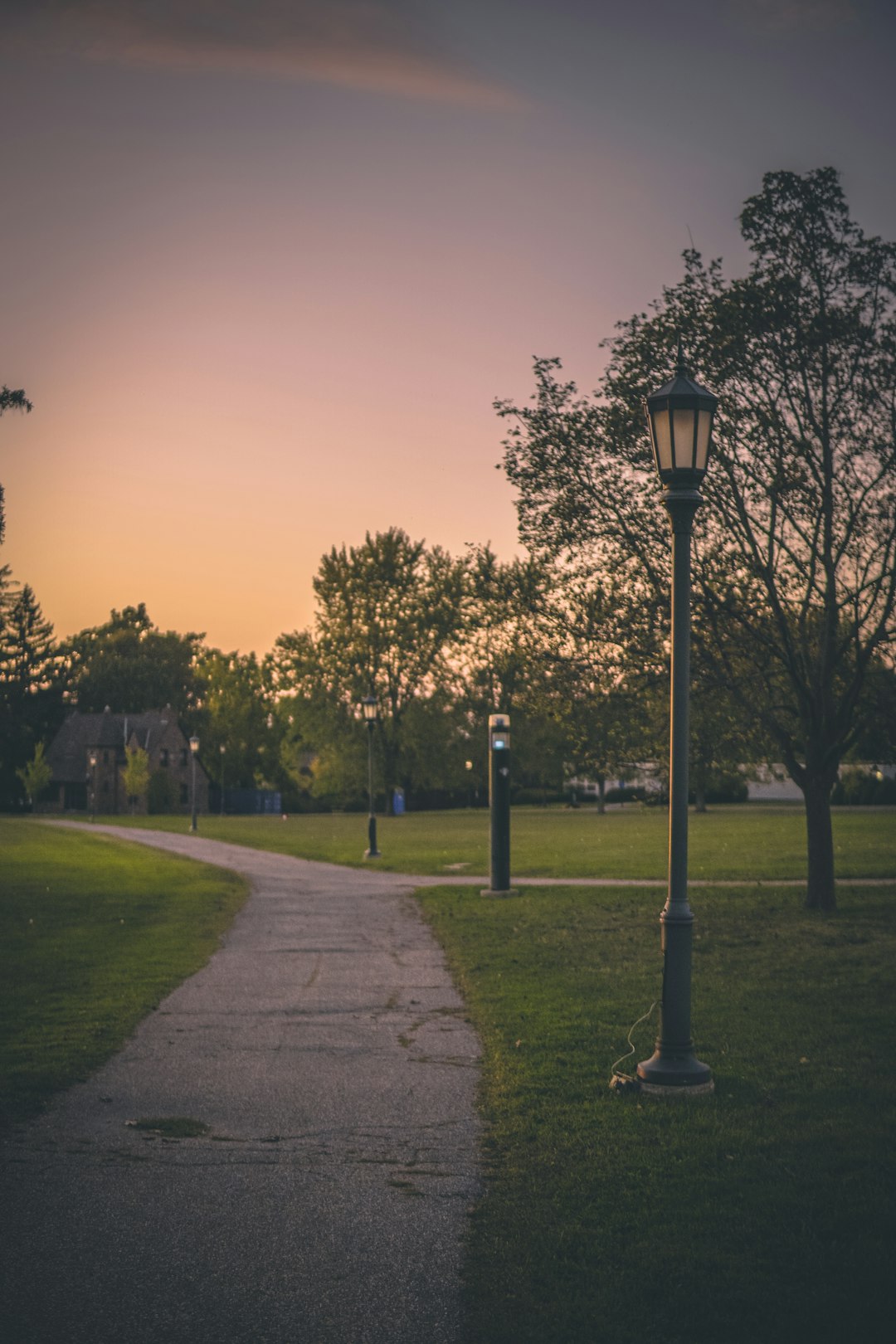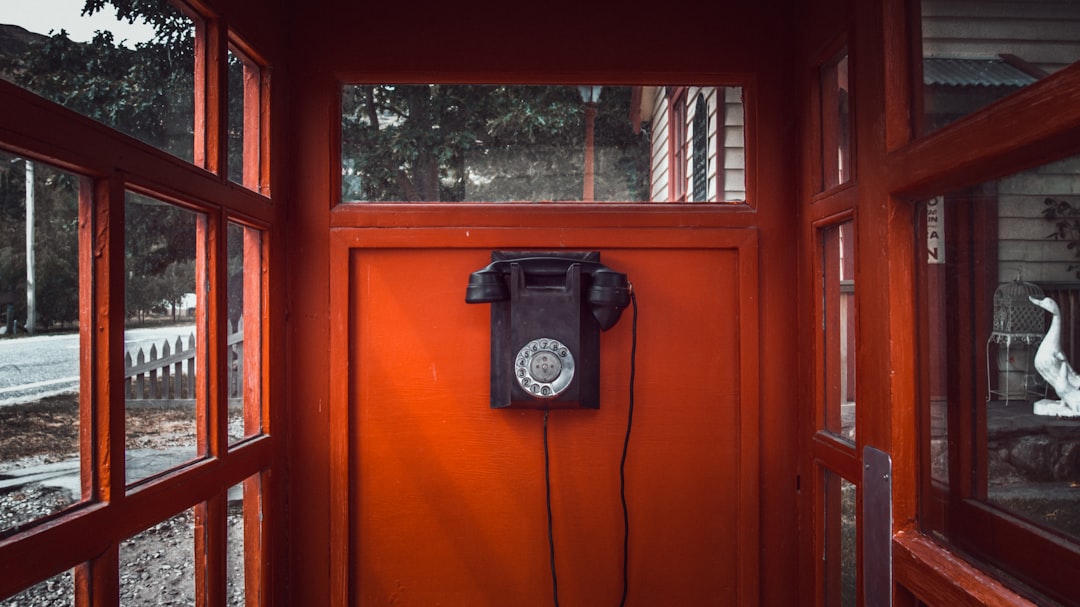Vermont has strict laws against unwanted calls, protecting residents from marketing and telemarketing harassment. The Unfair Trade Practices Act considers unsolicited calls unfair or deceptive, offering legal recourse to victims. Consulting with a qualified Unwanted Call Lawyer in Vermont is advisable for those facing persistent intrusions. Nonprofit organizations provide vital support, offering legal aid and counseling to victims, collaborating with law enforcement, and educating communities about consumer protection. For effective resolution, engage Unwanted Call Law Firms specializing in Vermont's privacy laws to protect peace of mind and community well-being.
In Vermont, where privacy laws are stringent, the prevalence of unwanted calls remains a significant concern. This article explores the crucial role nonprofits play in supporting victims of these persistent and often harassing calls. From understanding the legal landscape through ‘Unwanted Call Laws and Regulations in Vermont: A Legal Perspective’ to examining the impact on survivors and strategies for empowerment, we delve into effective solutions. If you require legal assistance, consider consulting a reputable unwanted call lawyer or attorney from a law firm in Vermont specializing in these matters.
Unwanted Call Laws and Regulations in Vermont: A Legal Perspective
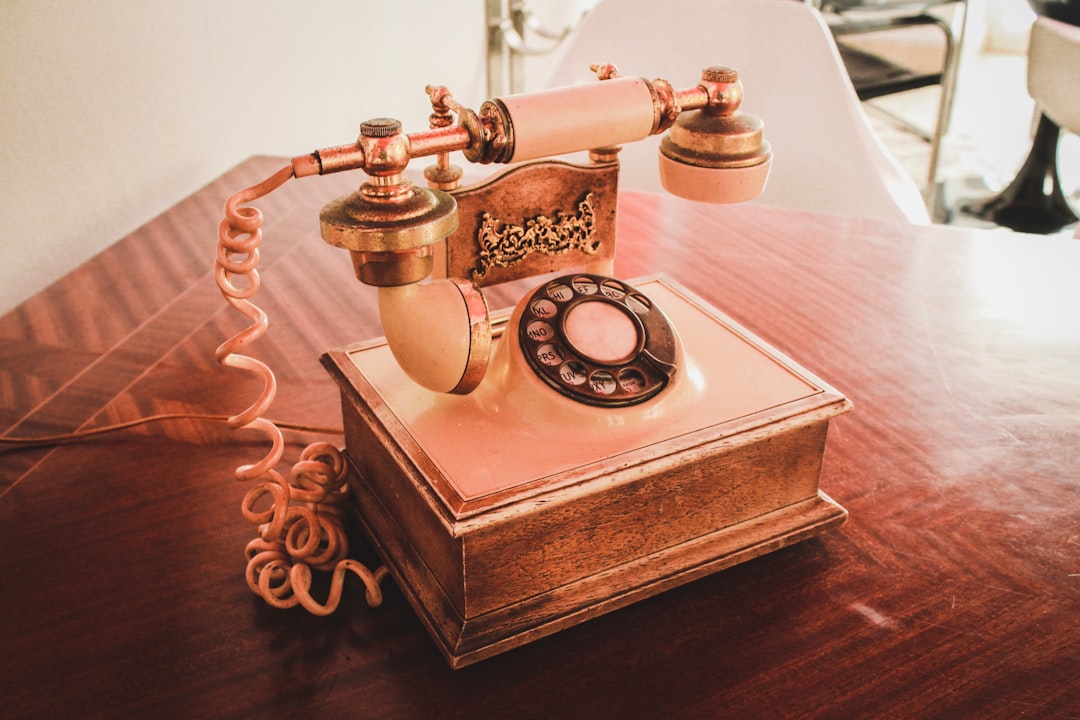
Vermont has established laws and regulations to combat unwanted calls, offering protection to residents from intrusive phone communications. These laws are designed to ensure that individuals have control over their communication preferences, especially when it comes to marketing or telemarketing calls. Under Vermont’s Unfair Trade Practices Act, making unsolicited telephone calls is considered an unfair or deceptive act, providing a legal framework for victims to take action against persistent or harassing callers.
If you are a resident of Vermont and have experienced unwanted calls, seeking advice from a qualified unwanted call lawyer or unwanted call attorney in the state can be beneficial. Unwanted call law firms specializing in this area can provide guidance on navigating the legal system and help victims understand their rights under the existing unwanted call laws. They can offer assistance in dealing with telemarketers, collection agencies, or any entity making intrusive calls, ensuring that Vermont residents’ peace of mind is protected.
The Impact and Challenges of Unwanted Calls on Victims
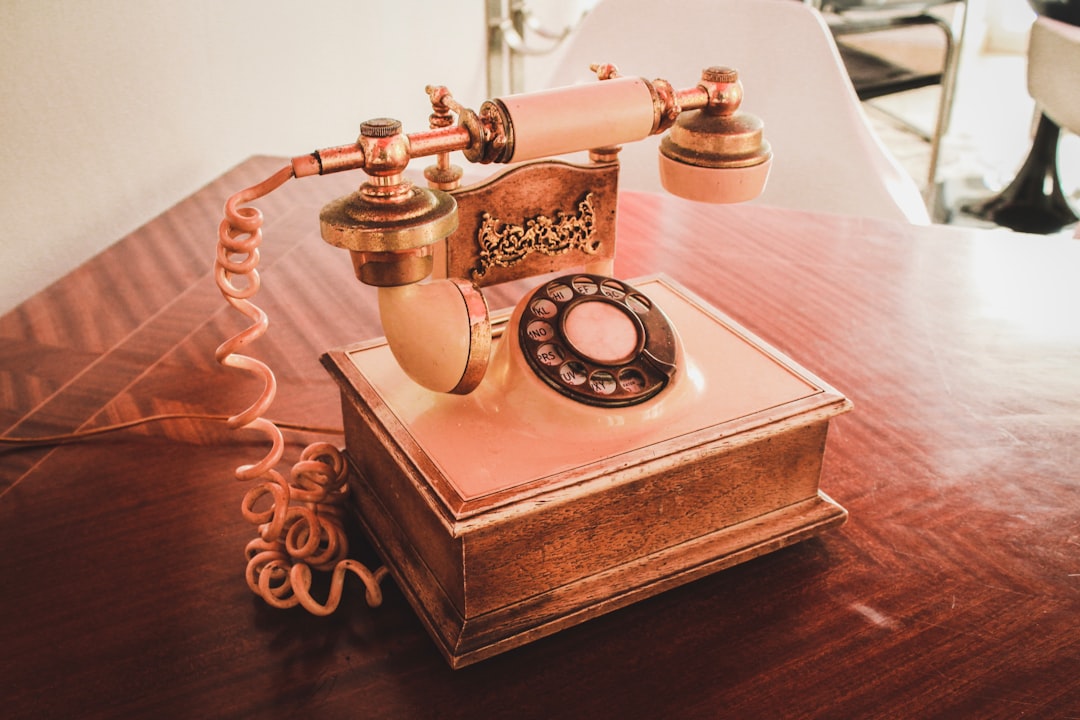
Unwanted calls can have a profound and lasting impact on victims, often causing emotional distress and significantly disrupting their daily lives. The constant interruption and harassment can lead to increased stress levels, anxiety, and even depression. In Vermont, where privacy laws are stringent, victims of unwanted calls may face unique challenges in seeking relief. Many individuals feel powerless against relentless callers, especially when the calls persist despite repeated requests to stop.
Victims may struggle with sleep disturbances, concentration issues, and a general sense of unease, making it difficult to go about their daily routines. The impact extends beyond the individual; it can affect families and support networks as well. Nonprofits in Vermont play a crucial role in supporting these victims by providing legal aid, counseling services, and education on their rights under the state’s consumer protection laws. Engaging with reputable unwanted call lawyers or unwanted call attorneys in Vermont can offer much-needed assistance to help victims reclaim their peace of mind.
Strategies and Support: Nonprofits' Role in Empowering Survivors in Vermont
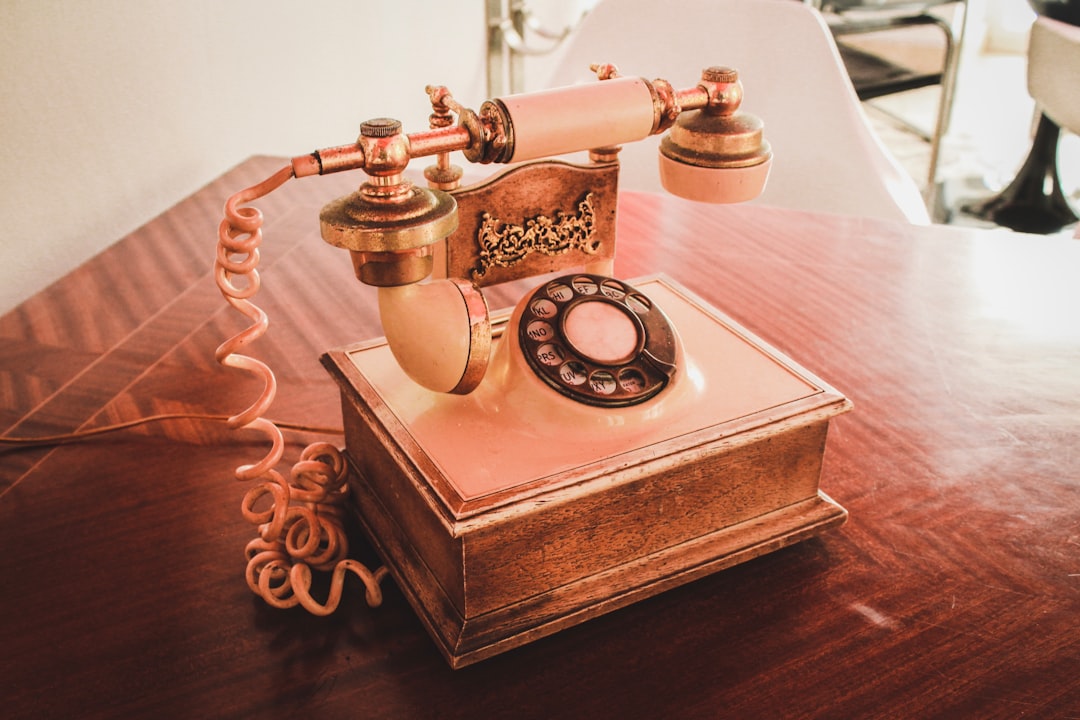
Nonprofits in Vermont play a pivotal role in supporting victims of unwanted calls, offering crucial strategies and support to empower survivors. These organizations provide legal aid and advocacy services specifically tailored to address the complexities of unwanted call cases. They connect individuals with qualified unwanted call lawyers in Vermont, ensuring that victims have access to expert legal counsel.
Through awareness campaigns and educational initiatives, nonprofits raise the profile of unwanted calls as a form of harassment and abuse. They offer resources, guidance, and a safe space for survivors to share their experiences, fostering a sense of community and solidarity. Moreover, these organizations often collaborate with local law enforcement and legal professionals to establish robust protocols for handling such cases effectively.

